Expand Paid Parental Leave
Read my post on the value of paid parental leave:
California offers programs which can add up to 18 weeks for some mothers, but it only covers 60–70% pay. This means the economically privileged take this time, while the poor cannot afford to.
One study concluded mothers are 93% more likely to be in the workforce 12 months after childbirth when they are provided with and take adequate leave, versus those who do not.
Shut Down Aliso Canyon
All 114 wells at the Aliso Canyon gas storage facility are cut by an active fault. The Los Angeles Fire Department has voiced serious concerns about its ability to defend against wildfires or earthquake-induced fires affecting this site. (LA County)
We can find better, safer, and greener energy solutions for Los Angeles.
Read my LA Daily News op-ed, published following the 25th anniversary of the 1994 Northridge Earthquake, about the earthquake hazards posed by our natural gas infrastructure.
No Kill Shelters
Every life is precious, including our furry friends. When I was little, my family adopted a dog after it ran in front of our family car and got hit. My mom nursed it back to health and tried to find its owner, but it had nowhere else to go. Honey was the gentlest dog I could imagine, and I’m grateful that she came into our life. But not every pet ends up in the same situation.
Los Angeles Animal Services took in more than 46,000 dogs and cats last year to our shelters. Of those, we managed to send home more than 90% of dogs and 80% of cats with either their original families or a newly adopted family. That’s a huge amount of progress over a decade ago when the save rate was 58%, but we can do better. The pathway forward includes an increase in pet adoptions, spay & neuter vouchers, and pet fostering programs.
Related content:
Illegal fireworks cause injuries, fires, and lost pets:
Create Transportation Alternatives
Los Angeles was built around the car. It is a sprawling city, designed like a large suburb. This design crowds our streets with row after row of cars.
In addition to the impact on carbon emissions, it is simply unpleasant for car commuters to deal with traffic in the city. Worse, attempts to alleviate this pain by widening highways and increasing parking minimums usually have the opposite effect, by inducing demand and ensuring that even more cars are driven.
On roads designed solely to maximize the number of cars that can pass through them, cyclists face an impossible choice: ride on the sidewalks, where they may be a danger to pedestrians, or ride in the streets, where they risk their own lives instead.
And bus commuters face unenviable dilemmas as well. Should they spend three hours each way on a bus that costs them a couple dollars to ride, or shell out for an expensive rideshare that will get them across town in one hour? Should they be late for work, or spend an entire hour’s wages just getting there?
These are complex problems, and they are going to be challenging to solve. We need a comprehensive reform of our transit modes that preserves the nature and character of our neighborhoods. We also need to balance the needs of commuters with the needs of local communities.
We can start by making public transit frequent, fast, and more accessible. We can also redesign our transit corridors so that buses do not share the right of way with cars, and bikes have dedicated lanes where their riders will be safe.
Done properly, these reforms will actually decrease congestion, even for car drivers. Fortunately, I have dedicated my life to studying sustainable urban design. I look forward to contributing to solutions to these challenging problems.
Invest in Local Water Infrastructure
Southern California relies on several pipelines and aqueducts to import the majority of its water. All of them cross the San Andreas fault at least once and a major earthquake could disrupt water supplies for more six months or more (MWD).
Close the Revolving Door at City Hall
The 2019 election marked the second time in just over two years that a City Council member in the Valley has resigned early to take a high paying job as a lobbyist. While it lines their pockets, it leaves LA taxpayers footing the bill for a special election. The city estimates that this special CD12 election cost $2.4 million. One of my first motions when I get to City Hall will be to establish a waiting period that prevents our elected officials from becoming registered lobbyists immediately after their terms. Eleven states have such prohibitions and we need one in LA.
